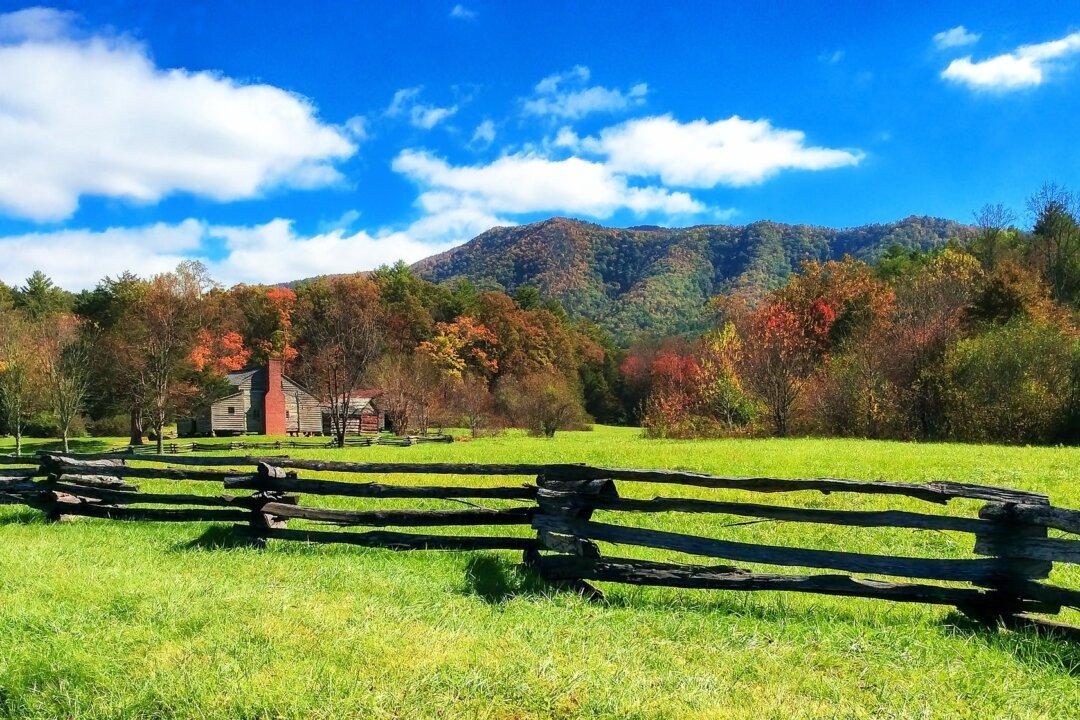Commentary
Imagine a society with no property rights: No law or officer of the law would prohibit you or punish you for taking whatever you want from whomever you want. Such a society would be chaotic, hostile, and poor.


Imagine a society with no property rights: No law or officer of the law would prohibit you or punish you for taking whatever you want from whomever you want. Such a society would be chaotic, hostile, and poor.